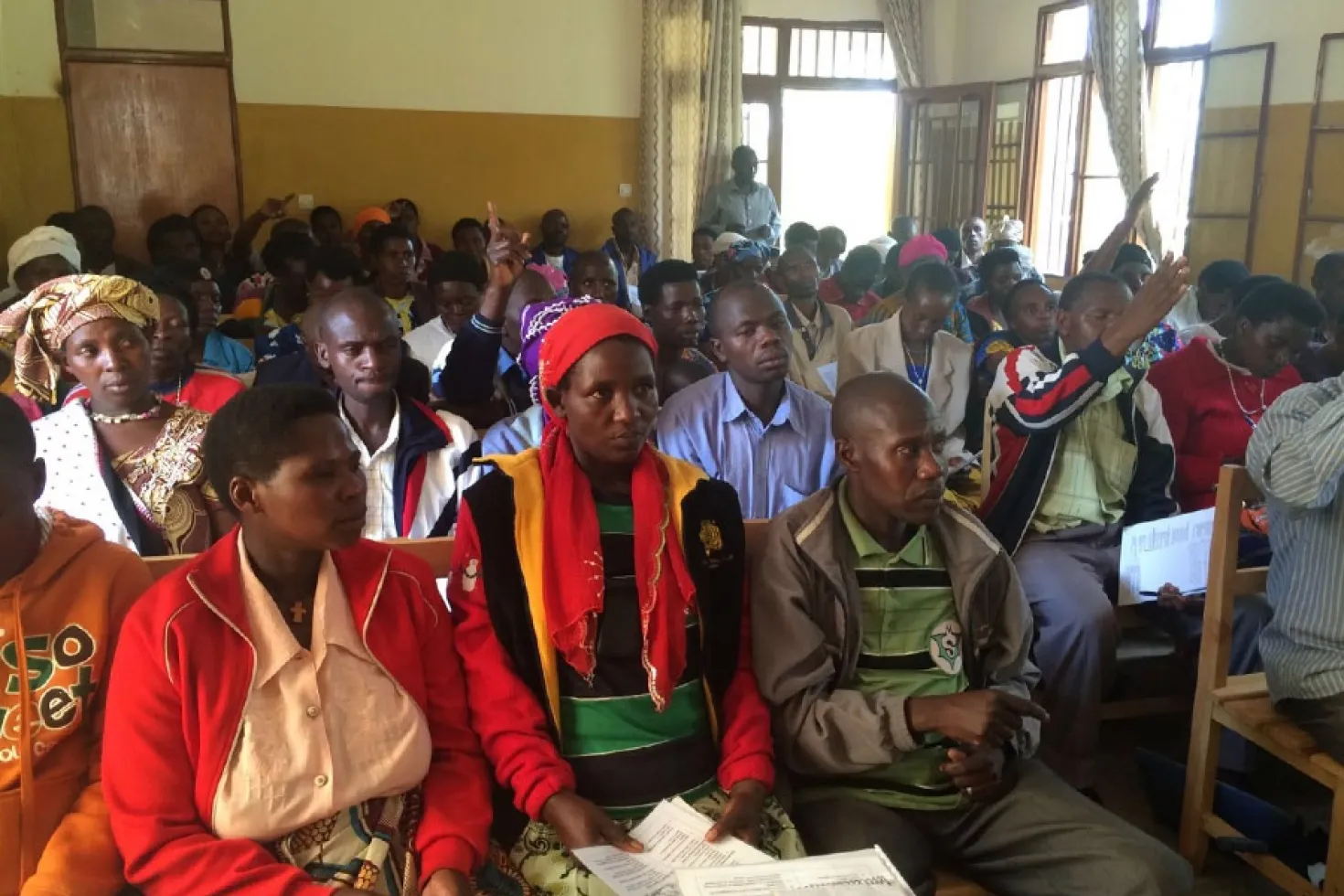Creating a breast cancer support group in Rwanda

Context
At the Butaro Cancer Center of Excellence (BCCOE), as well as in other rural parts of Rwanda, it is reported that many women are diagnosed with breast cancer only when their cancer progresses to a late stage. To better support the special needs of these women, Partners In Health - Rwanda has designed a patient-centred project that established a support group for women with breast cancer. Led by trained “patient navigators”, this group provided a forum for peer support among women with both early stage as well as late-stage or metastatic breast cancer (MBC).

Partners In Health (PIH)’s mission is to provide a preferential option for the poor in health care. By establishing long-term relationships with sister organisations in low- and middle-income countries, PIH strives to bring the benefits of modern medical science to those most in need of them. PIH has worked in Rwanda since 2005, helping the government bring high-quality health care to the country’s poorest regions. The Butaro Cancer Center of Excellence (BCCOE) opened in 2012 and treats about 1,700 patients a year, young and old, on the hospital campus. Many people travel to Butaro from across Rwanda, or from surrounding countries where high-quality cancer care is scarce or non-existent.
Project description

In 2015, Inshuti Mu Buzima [Partners In Health- Rwanda] (PIH-Rwanda) received a SPARC MBC Challenge grant to implement a peer-led breast cancer support group at BCCOE. Alongside PIH-Rwanda’s education and training experts, a new patient navigator curriculum was written specifically for breast cancer patients in low-income settings and published in English, French and Kinyarwanda.
Patient navigators, who were selected from BCCOE nurses, social workers and psychologists, successfully completed the one-day training at BCCOE. They learned about breast cancer disease awareness and survivorship, and also how to lead a support group, for example, how to create a safe and comfortable space that allows active listening, open ended questions, validates patient experiences etc.
The patient navigators subsequently established a support group that provided a forum for peer support among women with both early stage as well as advanced breast cancer. The patient navigators provided information and advice regarding the treatment and palliative care options available across the health sector. Ultimately breast cancer patients were empowered to take ownership of their disease through self-management and confident navigation of a complex healthcare system.
An end-of-project meeting was held with all navigation leaders to share experiences and lessons learned. Pre- and post- evaluation materials included knowledge tests, satisfaction questionnaires, well-being self-assessments, focus group attendance.
Impact

Immediate outputs of the project included the patient navigators’ curriculum, available in three languages and three BCCOE staff members trained in this curriculum (one nurse, one social worker and one psychologist).
In total, nine sessions of the breast cancer support group were held at the BCCOE, with an average of fifteen participants per session. The evaluation of the project showed that support group attendees had a high level of disease awareness (71% correctly answered questions on breast cancer causes and symptoms, 60% understand treatments and side effects, and 71% know the goals of palliative care).
In the future, PIH-Rwanda hopes to secure funding in order to expand the programme to at least two more cohorts to be able to focus on local district-based support groups. They also concluded that developing a toll-free number would better serve the patients’ needs, as most of the women have access to mobile phones and experienced patient navigators could provide information via phone.
More
- Organisation’s website: Partners In Health- Rwanda Website
- Interview article: Meet with Albert Ndayisaba, manager of PIH’s Program on Social and Economic Rights
(Information from the project description and context is compiled from the SPARC reports)
Last update
Friday 03 February 2023